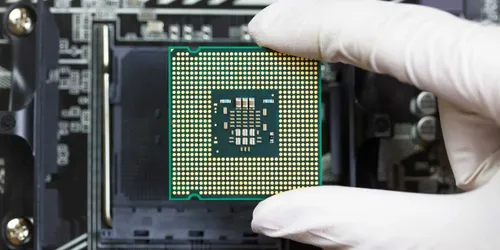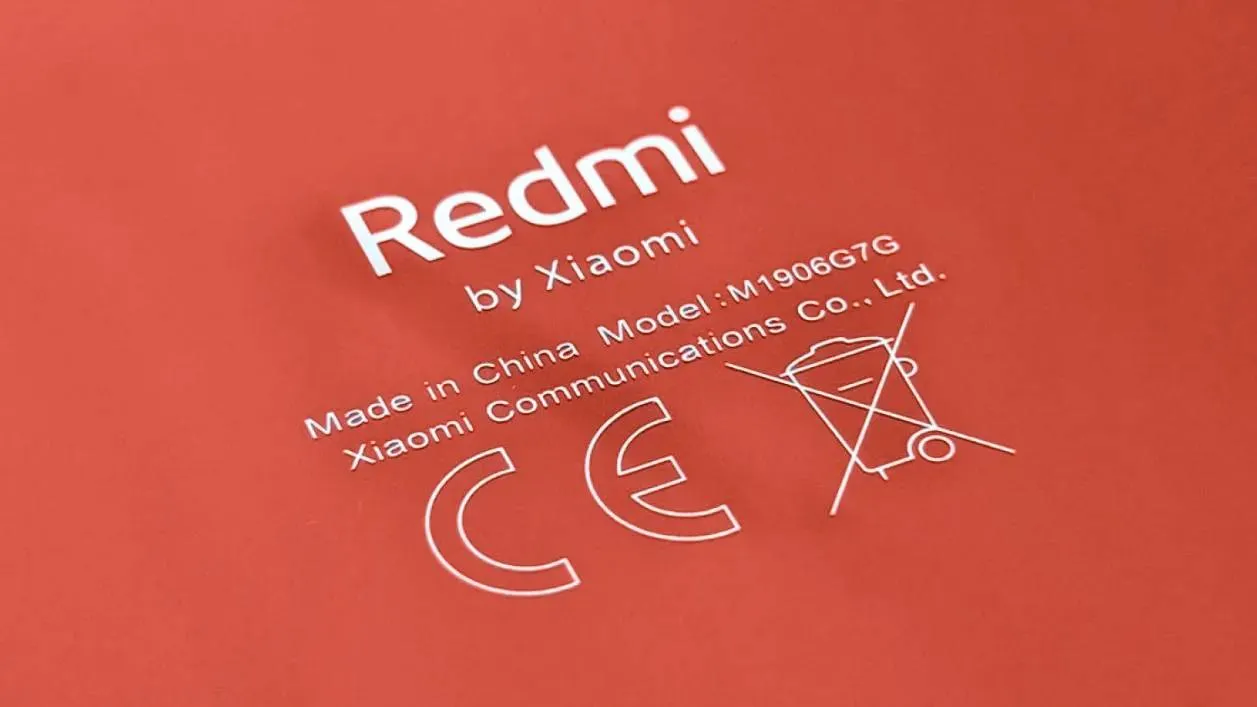
Xiaomi is making headlines again as it gears up to launch its first chipset in over five years. Recent leaks suggest that this new processor, developed with the help of industry leader TSMC, will be based on their advanced 4nm technology. This marks a significant move for Xiaomi, as it steps back into the world of in-house chip development, potentially competing with established players like Qualcomm, MediaTek, and Samsung. But what exactly does this new chipset mean for Xiaomi? and how could it shape the future of the smartphone market?
Xiaomi’s Return to Chip Development: What to Expect from the New 4nm Processor

Xiaomi’s New 4nm Chipset: What We Know So Far
According to the latest reports from China, Xiaomi’s upcoming chipset will power the company’s flagship devices. It will be built on TSMC’s 4nm N4P technology, which is known for its ability to improve performance while reducing power consumption. This 4nm process allows more transistors to fit into the chipset, leading to faster speeds and better efficiency. This positions Xiaomi’s new processor as a strong competitor to Qualcomm’s Snapdragon 8 Gen 1. A chipset that has been popular in high-end smartphones since its release in 2021.
While the exact details of the processor are still under wraps, the leaks indicate that Xiaomi has teamed up with Unisoc, a growing player in the chip industry, to develop some parts of the chipset. Unisoc is expected to handle the 5G modem, which is crucial for ensuring that the new chipset supports the latest mobile networks. Additionally, Xiaomi and Unisoc seem to be working together on a 4G chipset aimed at entry-level smartphones, which could target a different segment of the market.
A Look Back: Xiaomi’s First Processor Attempt
This isn’t Xiaomi’s first time developing its own chipset. Back in 2017, the company launched the Surge S1, a mid-range processor that powered the Xiaomi Mi 5c smartphone. The Surge S1 was designed to offer good performance at a reasonable cost. Appealing to users who wanted a capable smartphone without spending too much. However, after the initial release, Xiaomi did not continue developing more chips. Instead, the company chose to partner with established chipset makers like Qualcomm and MediaTek for its future devices. This decision was likely due to the challenges and high costs of developing competitive processors in-house.
Now, Xiaomi is making a comeback in the chipset market with a new 4nm processor. This move suggests that the company has gained valuable experience and confidence in its ability to create high-performance chips. This shift aligns with a trend where major smartphone makers, such as Apple, Samsung, and Huawei, develop their own custom chips to stand out from the competition and enhance their devices’ performance.
When to Expect the New Chipset and Its Market Impact
Xiaomi’s new chipset is expected to launch in the first half of 2025. If this timeline holds, Xiaomi will join the ranks of companies that have successfully developed 4nm processors for their flagship devices. This could give Xiaomi a significant competitive edge. Especially in markets where consumers are looking for the latest and most advanced technology.
One of the biggest questions is how Xiaomi’s new chipset will compare to established processors like the Snapdragon 8 Gen 1 and MediaTek’s Dimensity series. Both of these processors have set high standards in terms of speed, energy efficiency, and advanced features like AI capabilities and enhanced camera support. Xiaomi’s ability to match or surpass these standards will play a key role in determining the success of its new chipset.
Another unknown is which Xiaomi models will feature the new chipset. Xiaomi has a wide range of products, from budget-friendly options to premium flagships. The company’s choice of devices for this new processor will provide insight into its strategy. If Xiaomi decides to use the chipset in its top-tier models, it will show confidence in the processor’s ability to compete at the highest level. Alternatively, if the chipset debuts in mid-range devices, Xiaomi might be taking a more cautious approach. Possibly testing the market before making a broader commitment.

Strategic Benefits for Xiaomi
Developing its own chipset offers several strategic advantages for Xiaomi. First, it reduces the company’s dependence on external suppliers like Qualcomm and MediaTek. This gives Xiaomi more control over its supply chain and allows it to tailor its processors to better suit its devices. As a result, Xiaomi could achieve better hardware and software integration, leading to improved user experiences.
Second, producing its own processors could help Xiaomi lower costs in the long run. Although the initial investment in research and development is significant, in-house production could lead to cost savings over time, especially if Xiaomi can scale up production. These savings could enable Xiaomi to offer competitive pricing on its devices, strengthening its position in key markets.
Finally, a successful launch of the 4nm chipset could boost Xiaomi’s reputation as a technology innovator. In a market where it’s becoming harder to stand out, having an in-house, cutting-edge processor could give Xiaomi a unique advantage, especially among tech-savvy consumers.
Conclusion: A Crucial Moment for Xiaomi
Xiaomi’s upcoming 4nm chipset represents a major step forward for the company as it aims to become a leader in the global smartphone market. While developing a successful processor is challenging, the potential rewards are substantial. If Xiaomi can deliver a chipset that rivals or outperforms those from Qualcomm, MediaTek, and others, it could solidify its position as a top-tier smartphone manufacturer and open the door for future innovations.
As we await more details on the chipset and the devices it will power, one thing is clear. Xiaomi’s return to the chipset market could have significant implications for the company and the broader industry. The next few years will be crucial in determining whether Xiaomi’s investment in in-house chip development will pay off.
Popular News
Latest News
Loading






